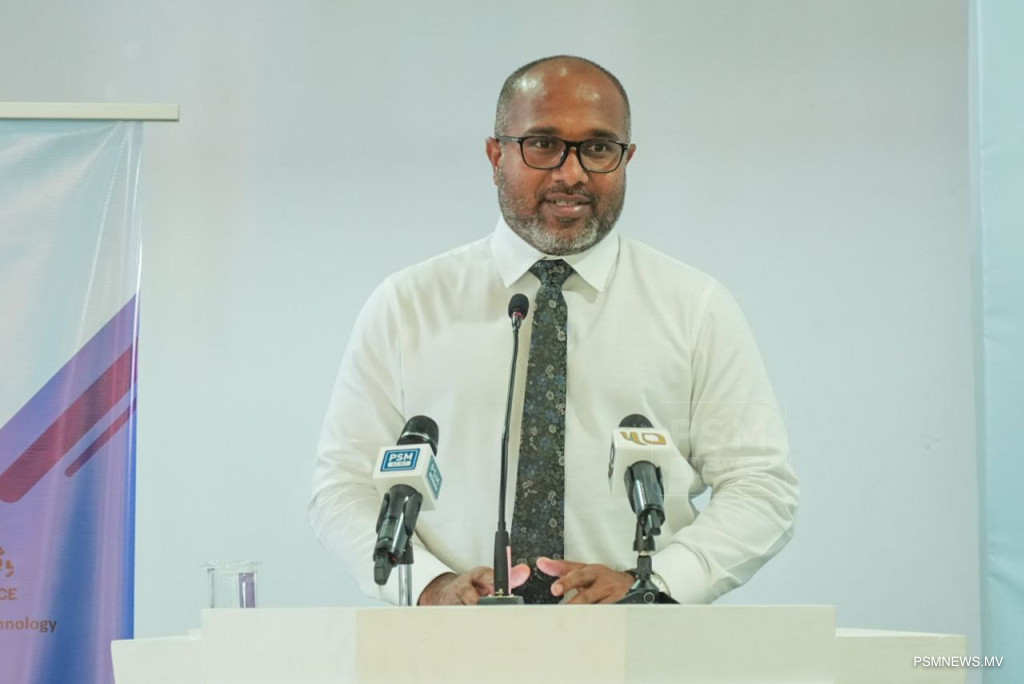
Minister of Homeland Security and Technology, Ali Ihsan has emphasised the importance of changing the public’s attitude towards the juvenile justice system in order to successfully implement the system. He made the remarks while speaking at the closing ceremony of a training programme organised by the Department of Juvenile Justice (DJJ) aimed at enhancing the cooperation of institutions working together within the juvenile justice system.
The DJJ is working hard to reintegrate children exposed to criminal environments back into society and to protect those at risk of falling into crime. The training programme was aimed at strengthening the capacity and coordination institutions working within the juvenile justice system.
Speaking at the closing ceremony, Minister Ali Ihsan said the main objective of juvenile justice system is to establish a fair system for minors based on restorative principles. The Minister said that system also aims to give children exposed to criminal environments a chance to reshape their lives and brighten their future.
The Minister described giving a second chance to minors who have fallen into crime as taking him by the hand and bringing him back to the right path. This will give new hope to both the child and his family, he said, adding that this is the true purpose of the system.
The Minister further noted that while the system has achieved many successes, failing to support even a single child is a matter of serious concern. He called on the programme’s participants to apply the lessons from their training to practice and identify the gaps in the system and work to address them. He said the system should work hard to achieve the goals it wants to achieve.
The training programmes organised by the Department of Juvenile Justice also discussed the challenges faced by the institutions within the juvenile justice system. It further explored how children exposed to criminal environments can be reintegrated into the system. In addition, it discussed what can be done to protect children from abuse through this system. The DJJ also trained participants on how to make informed decisions in the best interest of children, and how to improve their communication with children.
Five key institutions involved in the juvenile justice system participated in the five-day training programme. They are DJJ, the Maldives Police Service, the Maldives Correctional Service, the Juvenile Court as well as the Prosecutor General's Office.
